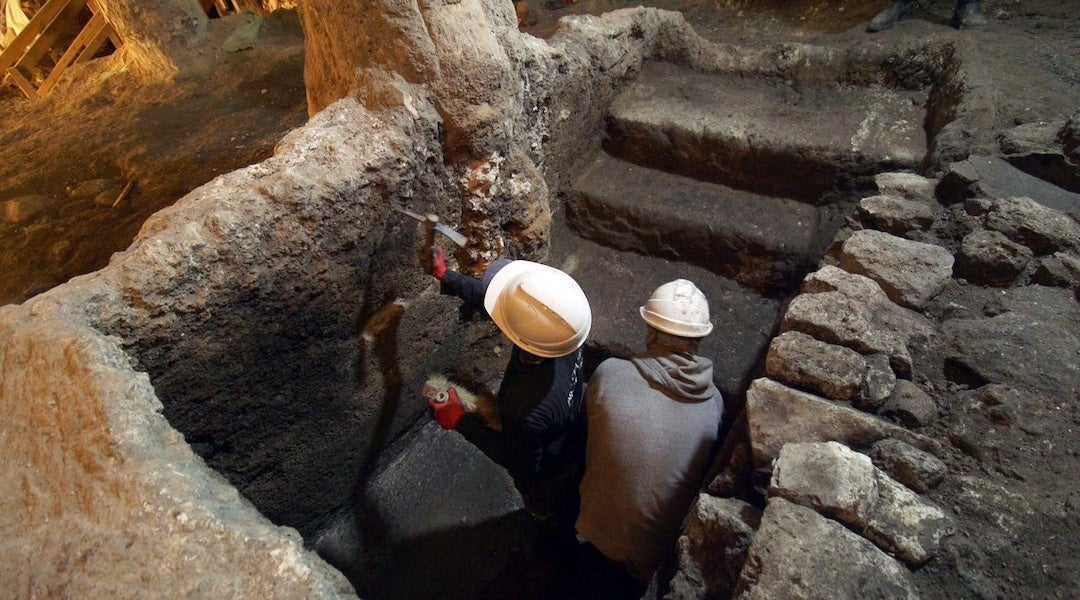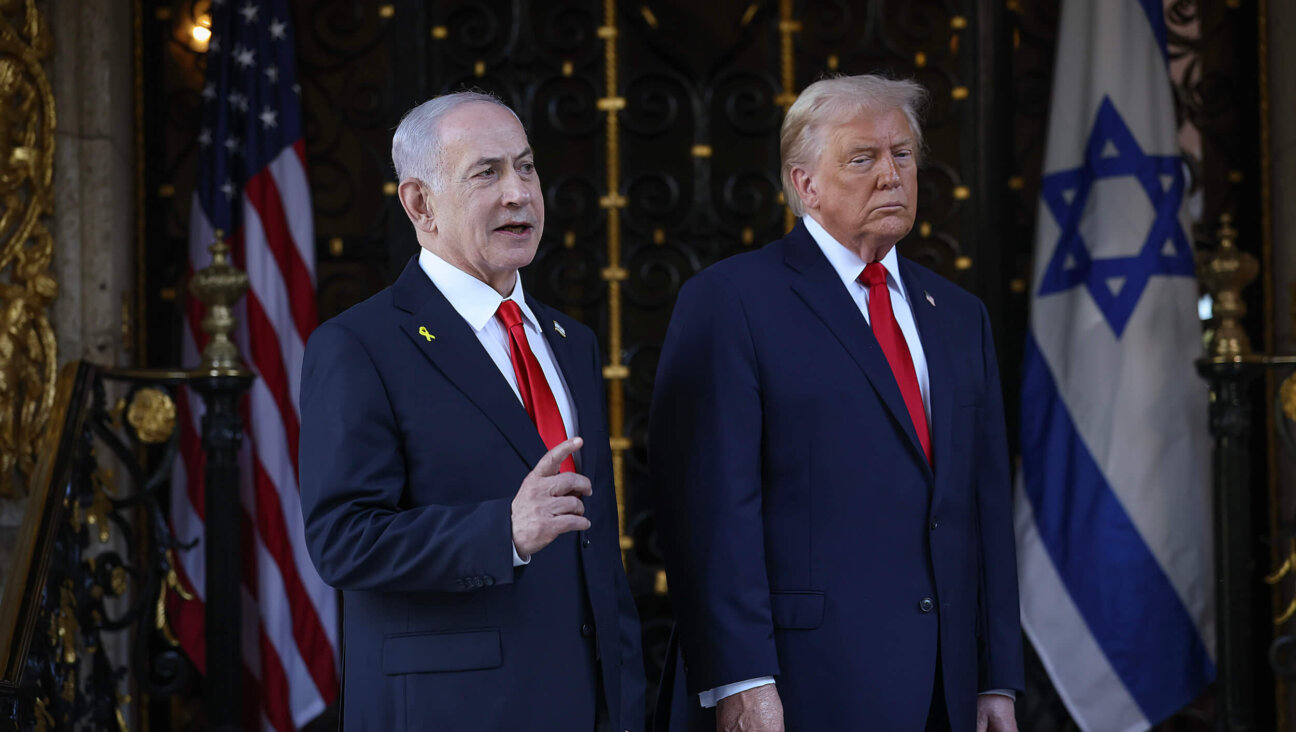Palestinian Shot Dead by Israeli Troops as West Bank Boils

Anger in Street: Palestinian students protest the death of a prisoner in Israeli captivity. Image by getty images
Israeli troops shot dead a Palestinian youth in the West Bank, a Palestinian medic said, as confrontations went into a third day after the death of a prisoner held by Israel provoked street clashes and rocket fire.
Medical staff said troops brought the body of 17-year-old Amer Nassar from the village of Anabta to a hospital near Tulkarm, in the northern part of the occupied West Bank.
The Israeli army said troops fired on Palestinians who threw fire bombs at a guard post in the area after dark on Wednesday, but did not confirm the teenager was killed by them. It appeared to be the first violent death since trouble began on Tuesday.
With new U.S. Secretary of State John Kerry due to visit Jerusalem and Ramallah next week in hope of seeing progress toward peace negotiations, Tuesday’s death in prison from cancer of 64-year-old Palestinian Maysara Abu Hamdeya has stirred widespread anger among Palestinians in both the West Bank and Gaza Strip.
Abu Hamdeya was serving a life term for a planned attack on a Jerusalem cafe in 2002.
In the southern West Bank city of Hebron, where Abu Hamdeya is to be buried on Thursday, Israeli forces clashed with dozens of Palestinian protesters on Wednesday, firing teargas and rubber bullets at men throwing stones and petrol bombs.
Israeli jets carried out their first air strike on the Gaza Strip since a truce ended several days of fighting in November.
The military said it was responding to rockets fired on Tuesday by an Islamist group. The group fired two more rockets on Wednesday and said it was responding to the death of Abu Hamdeya.
Palestinians say he had been denied proper medical care. Israel has denied negligence in Abu Hamdeya’s treatment.
Israeli officials pressed Gaza’s ruling Islamist movement, Hamas, to rein in the rocket-firing militants after the most serious outbreak of cross-border hostilities since the ceasefire that ended the eight-day war in November.
Some 4,600 Palestinian prisoners declared a hunger strike for three days in protest at Abu Hamdeya’s death. Food trays were returned untouched on Wednesday, an Israeli prisons official said. In West Bank towns, some shops were shuttered in solidarity.
The Gaza frontier fell quiet by evening and Israel and Hamas appeared to be weighing carefully their next moves. Relative calm for four months has enabled Palestinians in Gaza to rebuild and Israelis near the border to live without sirens and rockets.
Two rockets fired from the Gaza Strip struck southern Israel in a morning attack on Wednesday, causing no casualties, the Israeli military said. Hours earlier, its planes had targeted “two extensive terror sites” in the north of the territory.
Israel launched the air strike after three rockets landed on Tuesday. An al Qaeda-linked group, Magles Shoura al-Mujahadeen, claimed responsibility for the attacks on both days.
Tuesday was the third time since the November truce that rockets from Gaza struck southern Israel. But with a new government and defence minister in place after weeks of coalition-building since a January election, Israel seems keen to show resolve, putting the onus on Hamas to curb militants.
“(Israel’s armed forces) decided to attack overnight in order to signal to Hamas that we will not suffer any strike on the south. And any shooting will meet a response, in order to restore quiet for the south soon,” Brigadier-General Yoav Mordechai, the chief military spokesman, said on Army Radio.
“I assess that Hamas has no interest in seeing the situation deteriorate,” he said. “Our goal is to maintain the quiet.”
Commenting on the violence in Gaza, Richard Serry, the U.N. special coordinator for the Middle East peace process, said it was of “paramount importance to refrain from violence.”
He said in a statement that renewed violations of the ceasefire threatened to unravel Egyptian-brokered understandings that included an easing of Israel’s blockade on the enclave.
Egypt mediated the November truce after fighting in which some 170 Palestinians and six Israelis were killed. Israel had launched that Gaza offensive, as it did a bigger campaign in 2008-09, with the declared aim of ending rocket fire.
Hamas seized control of the Gaza Strip from Western-backed Palestinian President Mahmoud Abbas’ Fatah movement in 2007 after winning an election a year earlier. Palestinians want to establish a state in the enclave along with the West Bank and East Jerusalem, territories Israel captured in a 1967 war.














